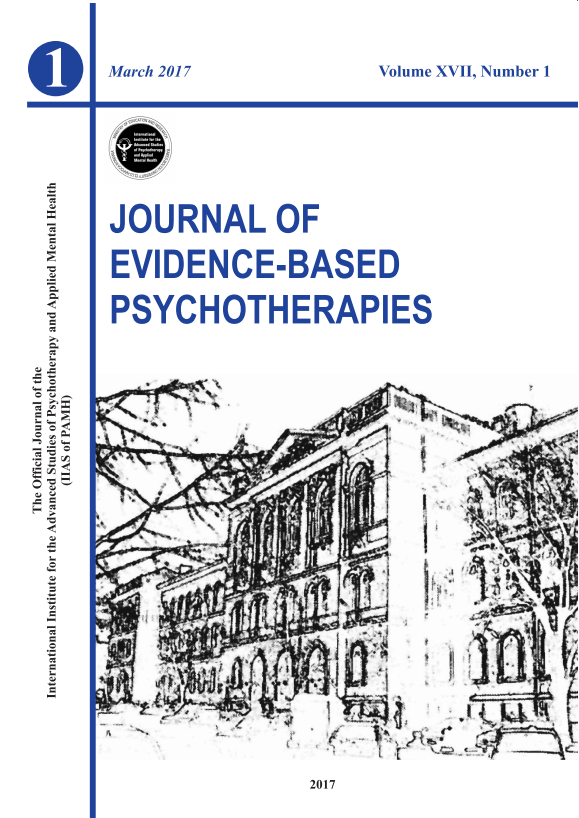Anda MUREŞAN-MADAR* & Adriana BĂBAN
Babeș-Bolyai University, Cluj-Napoca, Romania
Abstract
Cognitive Behavioural interventions for postpartum depression are characterised by great variability across studies and none is based in standard Cognitive Behavioural Therapy (CBT-Cognitive Therapy or CBT-Rational Emotive Behavioural Therapy). Therefore, the aim of the present study was to develop and a test a CBT-CT group program for postpartum depression. 60 women in the first three months following childbirth were included. The intervention comprised 6-weekly 2-hours group-sessions followed by a 1-month follow-up session. Significant differences were found post-intervention between the control group and the intervention group in postpartum depressive symptomatology, automatic thoughts and dysfunctional attitudes. Due to the characteristics of this specific population, follow-up evaluation could not be provided for the control group at one month following treatment, nor for both groups at 3 months following treatment. However, the intervention group maintained the results at one month following treatment and its progress suggests similar results at 3 months following treatment. The mechanisms of change need further investigation.
Keywords: cognitive-behavioural group program, postpartum depression.
